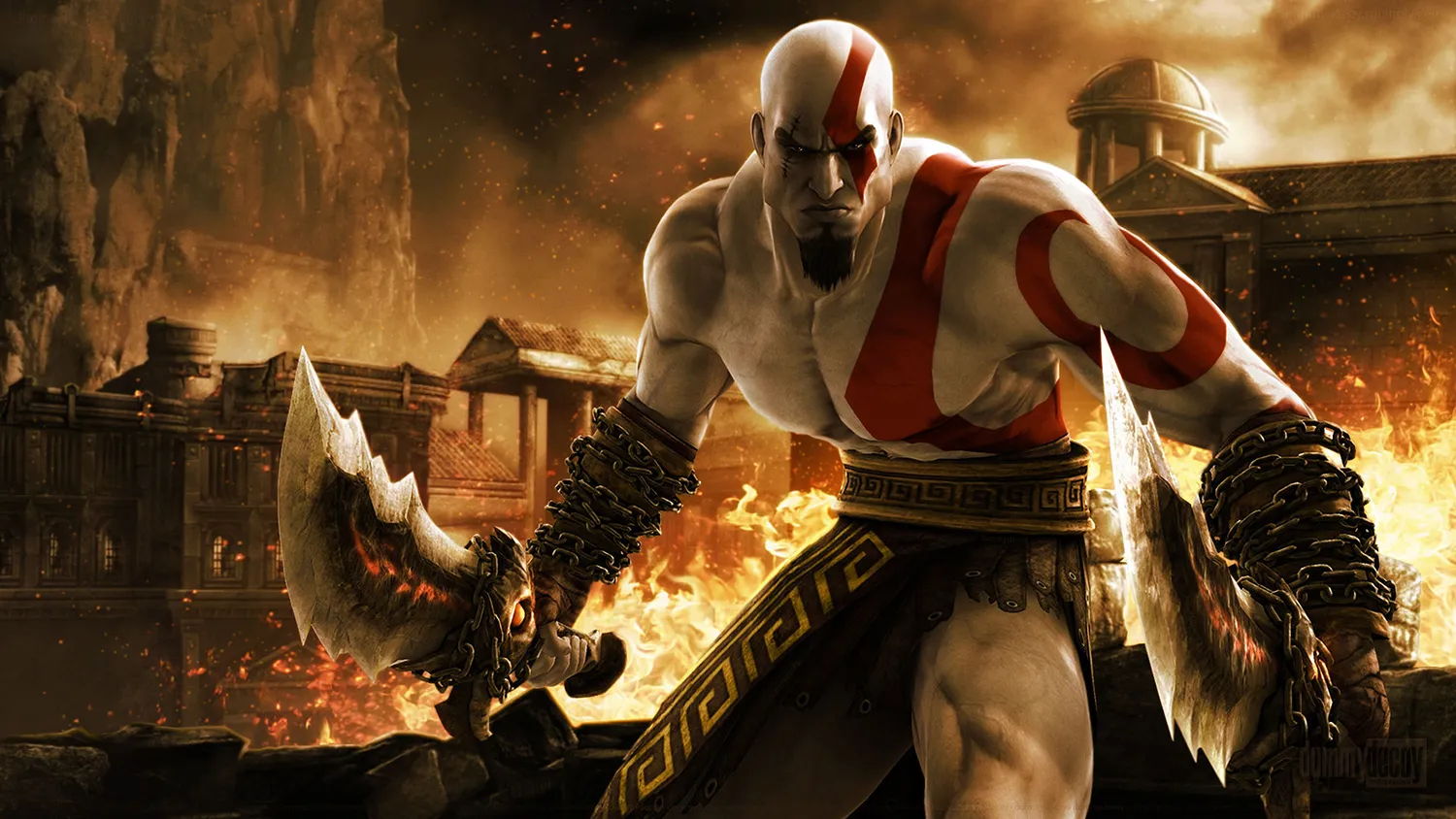
The original God of War is an aggressive and bombastic take on action. When it launched in 2005, it was most often described as an M-rated Legend of Zelda. That alone was enough for me to rent it. But after about ten minutes, I set it down out of boredom.
For years, I thought that, maybe, I was missing something. In time, God of War gained massive popularity, spawning five (soon to be six) sequels, and ultimately growing into of Sony’s premier franchises. On the eve of the series’ Norse reboot, I picked up the original game I’d left behind those fifteen years ago and decided to try again.
Tucked away on a small schooner, God of War opens when you are rudely interrupted by an attacking hydra. By the time you make it on deck, the beast has broken your ship and eaten everyone else aboard — leaving you to stop it. It’s a great tussle and an attention-grabbing opener. And, in hindsight, I don’t know what my problem was.
Seeing beauty in chaos
Even now, God of War plays like nothing else. It’s smooth and incisive, allowing for quick combos and movement, and yet, so many enemies require special techniques or a quick-time event to send the final blow. There’s a juggling act, of sorts, when the screen gets packed in.
For all its mindless action, there’s a flow to play that I didn’t see before. Aided by a distinctly cinematic camera, scenes will slow down just a bit to highlight the most bombastic moments. Comparing it to the movie 300 might be a little on the nose, but both movies aim to overwhelm you with feats of strength and power. Where that can feel a bit over the top on the big screen, in a game — when you are in control — those corny highlights work their charm.
Even now, God of War plays like nothing else.
That cerebral approach to crass media extends throughout. God of War isn’t just about a big tough muscly guy wailing on a Gorgon or a Minotaur. Kratos’ story, while a bit simple, hits the key notes of classical Greek tragedy. And that isn’t just an observation for the classics majors — There’s some real weight here. While the classics are entombed in the annals of high art, in their day they were as vulgar and plebeian as anything on prime time. It’s fitting, then, that for all of its literary allusions, God of War is charmingly tawdry. Blood and gore abound, and sex is… well, everywhere. That’s just how it goes with the ancient Greeks.
What if the combat was a puzzle?
The two facets strike a remarkable balance, juggling the fantastical elements of Hellenistic myth with mid-2000s computer rendering. And the game is better for it. In fact, the only parts that don’t quite pass muster are those that are intractably tied to the state of gaming the better part of twenty years ago.
Game design takes time, and while the PS2/GameCube/Xbox era is still fondly remembered, it was also still the early days of 3D game design. As such, puzzles aren’t always as clever as you’d hope: There are some brain-teasers, sure. One, for instance, involves a bunch of Tetris-style blocks that you need to piece together to unlock a door. And that’s well enough, but also can’t help but feel a little contrived. Many ancient civilizations built bizarre and ridiculous temples and structures, but none, so far as we know, made contraptions like this. Compared to all the thought that seems to have been put into making the combat feel natural and seamless, asking a giant angry muscle dude to move heavy stones around just doesn’t quite fit.

That feeling settled as I kept playing. I wished, for some time, that there was a bit more variety in the combat. What’s there works very well, but I couldn’t shake the feeling that the game would have been a little better off had each foe been a puzzle unto itself, as we’ve seen in later games, such as Shadow of the Colossus.
While it’s action and combo system is as vital and creative as a modern game, I can’t shake the idea that if this had been released today — and was of equivalent scope – taking down enemies would have required less button-mashing and more forethought.
Greek myths are incredibly well-suited to this in particular. Odysseus, after all, didn’t defeat the Cyclops, he evaded it. Medusa was defeated by a mirror. There’s so much potential, especially with Greek mythology, that, while what’s here is great — and is only slightly burdened by the era of its release — it’s hard not to see what it could have been, or may yet be.
Still, after my first try all those years ago, I didn’t expect to be so taken with God of War. I recall thinking, at the time, that it was just a gritty reboot of Zelda, a cheap cash-in fueled by the bankability of sex and violence. That’s definitely at least partially true (c’mon, there’s a minigame where you have a threesome that’s… beyond juvenile), but there’s a heart and thought to it that I just didn’t see before. I don’t know that I’d quite say Kratos’ adventures have left an indelible mark on gaming history, but it was definitely an adventure.
Editors' Recommendations
- God of War Ragnarok’s new free update is bigger than expected
- God of War TV show officially ordered to series by Amazon
- God of War Ragnarok shares a key strength with The Witcher 3: Wild Hunt
- Every action game should take notes from God of War Ragnarok’s skill tree
- These God of War Ragnarok settings made my playthrough much better






